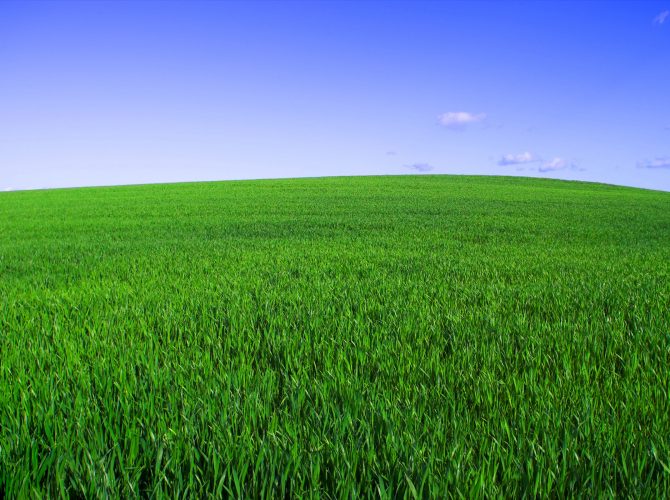Granucal Lime, Soil Health and Calcium
28th January 2020

We hear a lot about soil health, but where should we start and what are we looking to measure? Key to the success of any crop is creating the right conditions that will allow soil to thrive, break down plant/animal residues and free up the nutrients required for healthy plant growth.
Conditioning soil by applying lime is perhaps the single most important step that can take place on any farm. This is because lime and its constituent parts have an impact on a wide range of soil properties that affect production.
Armed with soil analysis, we need to aim for a soil pH 6.3 for grassland and pH 6.5-7.0 for tillage crops. A soil with a pH of 5 is 10 times more acidic than a soil with a pH of 6 and 100 times more acidic than soil at pH 7. In Northern Ireland over 80% of soils are sub optimal, and this has a significant impact on soil structure, plant growth and fertiliser efficiency.
Soils are constantly being subject to forces that lower pH, including leaching of calcium by rainfall, effects of nitrogen release from fertilisers, decomposition of organic material (slurries) and crop usage. The upper layers of top soil suffer the highest level of leaching and acidification (through the mineralisation of organic matter, biological activity and acidifying fertilisers). Consequently, the soil acidity is concentrated at the soil surface (0-5cms) where the pH can be as much as one point lower that the soil at the bottom layer (15-20cms). In practical terms, a soil test could show a pH of 6.3, but within the soil profile the surface pH could in reality be as low as 5.8, with the negativities this brings.
Applying lime will raise pH, but we need to ensure we are applying calcium (Calcium Carbonate) lime when liming. The carbonate neutralises acidity and raises pH, the calcium opens soil up through a process known as flocculation and as soil becomes more porous, we increase the movement of water, air and nutrients. Calcium itself is a nutrient required for plant growth and soils in Northern Ireland tend to be deficient, which again will limit production.
Granucal produced locally is made, using finely ground calcium carbonate. It is both cost-effective and straightforward to apply as a granulated lime, available in both 600kg bags and bulk.
Experience from farms locally has shown that annual applications of Granucal will improve fertiliser efficiency and reduce cost, leading to a win-win in terms of soil health and farm production. Farmers have commented how growth begins earlier and how grass is much more responsive to fertiliser. The application of Granucal granulated lime is a simple and effective way to optimise uptake and maximise efficiency.
For more information on Granucal and Soil Health contact the Fane Valley Agronomy and Forage Team on 028 9261 0485 or your local Fane Valley Agronomy and Forage Specialist.

